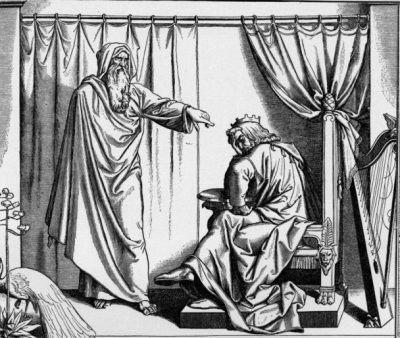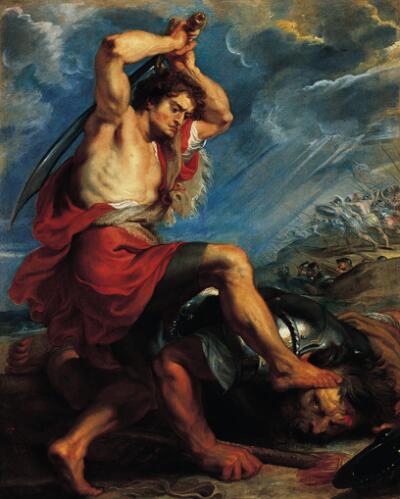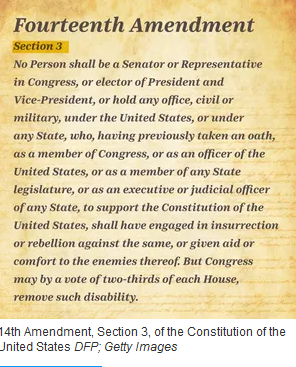
The American Civil Religion posits that we are a city on a hill. At this point both political parties have abandoned that idea. The longtime staple of presidential politics and the America culture has been banished from public discourse. It died with the death of John McCain. We no longer aspire to a leadership role in human history.
But besides the city on a hill vision, there is a second line: the eyes of the world are upon us. Even though we choose not to lead, because of our size and might we still serve as an example to the world. Sometimes this influence is referred to as soft power. It means besides Coke and McDonalds, American cultural values and practices also ae known, in one form or another, around the world. So even as we forsake a political leadership role, the eyes of the world are still upon us.
Recently and still ongoing we have had two such examples of this phenomenon: the appearance of the President of the United States at the United Nations and the confirmation hearings of Judge Kavanaugh.
UNITED NATIONS
At the United Nations, the President of the United States spoke as if he were on Fox News. He spoke as if he were at one of his professional wrestling arena rallies. He spoke as if he were still in Trumpietown. But he had ventured outside of his comfort zone. He was speaking to an audience he has routinely insulted. He has insulted people based on their race. He has insulted people based on their religion. He has insulted people based on their cosmopolitanism. And he has launched economic war against many of them while withdrawing from providing American leadership.
Their reaction to his speech was exactly what you should expect: they laughed. They did not laugh with him, they laughed at him. In his surprised response that he was not expecting that reaction, he then did what he rarely does in his life – he told the truth. He really was surprised. He soon recovered and said they were laughing with him and they were just having fun with each other. Perhaps this “interpretation” was what inspired Kavanaugh to give his interpretation of being a member of the Renate” alumni.
Senate Judiciary Committee: Do You Have the Right Stuff to go into the Arena?
The story of David and Nathan is one of the most dramatic in the Hebrew Bible. Even as one reads the words, one can see the figures in one’s mind. There is no mention of Nathan extending his arm in the direction of David, yet we see it. There is no mention of Nathan pointing a finger at David, yet we see it. There is no mention of David’s physical reaction to the words and gestures of Nathan, yet we see it. Only when Nathan is telling his parable, does the storyteller mention an emotion, the anger of David. The story teller leaves it to our imagination to visualize David’s appearance after Nathan’s exclamation.
This story exemplifies the oral nature of biblical storytelling. It cries out for a physical performance. Undoubtedly, that was how most Israelites originally experienced the story – not read silently alone but as a public display. The op-ed pieces of yesteryear were performed in ancient Israel long before Saturday Night Live existed.
One key ingredient in the story is frequently overlooked. It is not the historicity of the story but its believability. There is no sense in the story that it lacks validity. The story is not one of science fiction, fantasy, or even dreams. It is a presented as a real world event that the audience easily could believe as true. There is no surprise in the display of truth to power. There is no sense that it defies all credulity that someone could call the king to task. There is no astonishment about the actions of Nathan. The only uncertainty is in the reaction of the accused.
That credibility extends beyond the prophet denouncing the action of the king to his face. Just as Nathan’s declaration garners no surprise, neither does David’s reaction. The king’s repentance is presented in just as routine a manner as Nathan’s charge. As far as the audience is concerned, it is expected that a prophet would call a king to task. It is equally expected that the king would respond positively when he heard the words of the prophet and repent his wrongdoings.
The contrast between yesterday and today is remarkable. In Nathan’s words, we see the uniqueness of his actions in the ancient Near East. No one can imagine anyone delivering truth to power in ancient Assyria. No one can imagine anyone delivering truth to power in ancient Babylon. No one can imagine anyone delivering truth to power in ancient Egypt. Actually we can in Egypt. It was delivered by Moses and commemorated in a holiday still celebrated to this very day.
The Senate Judiciary Committee hearings are an American phenomenon. The televising of these hearings to the world is part of the soft power of this country. The eyes of the world are upon us as we publicly debate whether or not to confirm an individual to the highest court in the land. Should the court be an independent judiciary? What is the answer in China? What is the answer in Russia? What is the answer in Turkey? What is the answer in Iran? What is the answer in Venezuela? What is the answer is so many countries throughout the world?
In David’s response we see the not only the uniqueness of Israel in the ancient Near East but to today. In the followup of the accusation levied at the Senate Judiciary Committee against Judge Kavanaugh, no one expects any change to occur in the behavior of the one charged. No one expects Kavanaugh to conduct an investigation into his own life, to ask his friends and classmates if he rely drank so much, if he really blacked out so often, if he really could have done what he is charged with doing. Unlike with David, there will be no change in behavior. He will not rise to the occasion. He will not be a profile in courage. He will not face the truth of his adolescent life that he thought he had left behind. Certainly a President who still is an adolescent himself will not encourage him to do so.
In the previous post, I referred to the possibility of the situation spiraling out of control. The Republicans have attempted to prevent such a collapse by limiting the scope and time of the investigation. But the challenge to do so is magnified by the number of venues available to people to speak out now. While some of the voices defy credulity and seem like a con job, too many others seem true. Those expressions will not be contained by the artificial constraints imposed on the investigation. The Republicans are in a superb position to alienate a huge swath of the American voting population for years to come. Of course, having a fifth Republican legislator on the Supreme Court may make jeopardizing the Republican position in the other two arms of the government worth the price.
Whatever happens, it will be seen around the world because the eyes of the world are still upon us.






